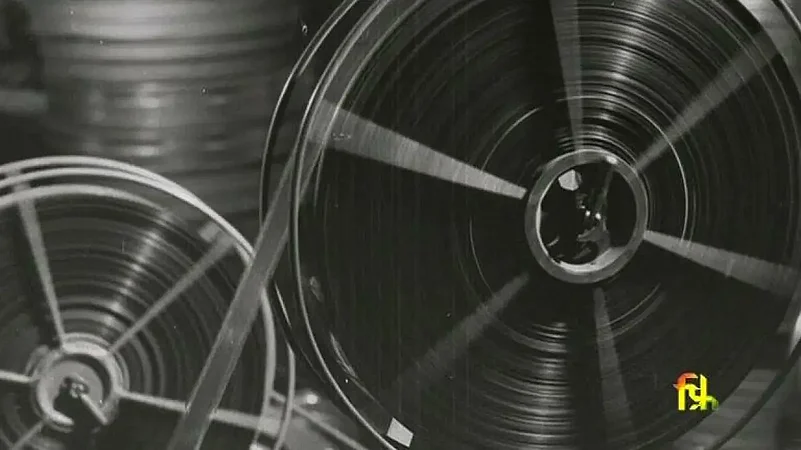The merger of various film departments hitherto functioning under the Information and Broadcasting Ministry with the National Film Development Corporation (NFDC) was an ill-thought decision. This has to be viewed in relation to the fact that the Films Division, Children’s Film Society, Directorate of Film Festivals and the National Film Archive have all been functioning for a fairly long period and they have gained considerable experience and expertise in their respective areas of specialisation.
The fact that they were all semi-autonomous bodies generally supervised by professional advisory bodies gave them the right sense of propriety and direction. The move, God knows whose brainchild it is, to bring them under the NFDC is simply idiosyncratic and fraught with dangerous consequences as one takes into account how poorly the NFDC has fared all through its life since its birth in 1980. It is a challenge to logic and reasoning that the government should think of resurrecting such a moribund institution by infusing it with huge funds, so callously as anyone could ever imagine.
When a certain institution or department is saddled with functions of diverse nature, the normal way out is to apportion duties and functions to separate units. It should invariably help each of them develop on their own and perform efficiently. Here the decision-makers have proceeded in the opposite direction, unmistakably warranting steady and ready retrogression.
It is now known that the document of recommendation to the government on which the official and non-official members had put their seal and signature was overlooked by the government. It has proceeded with the merger of the different units caring little for the expressed views of the non-official professionals.
It is reported that one veteran non-official member of the committee had strongly objected to the merger of the National Film Archive with the NFDC as the latter’s credibility was abysmally low. Only one non-official member came out in support of the merger. He had felt that those institutions were making a loss to the exchequer. He was so innocently ignorant about the nature and functioning of these institutions that he took them for business concerns!
Why should anyone particularly worry about the dismantling of the National Film Archive? At the basic level, the NFAI is the custodian and preserver of our nation’s cultural past and the present as it evident in hundreds of film negatives and prints stocked in its humidity-and-temperature-controlled vaults. Documentaries as well as feature films thus preserved are a treasure-trove of our past in several hues.
As a prominent member of the International Federation of Film Archives, it is a contributor as well as a beneficiary of advanced research and findings in the preservation of optical films. There is a regular program for exchanging important films between member archives and for sharing of new findings.
Other than collecting and preserving films, our Archive has been engaged in acquiring various film memorabilia from different parts of the country through its regional offices in Delhi, Kolkata, Chennai, Bangalore and Trivandrum.
Our Archive has played a significant role in supporting and promoting film culture by lending films to Film Societies all over the country and helping them organise film seminars and festivals. The regular annual film appreciation course it conducts in association with the Film and Television Institute of India for film scholars and critics and media officers of various government institutions has contributed substantially to enhance better awareness of cinema as a vibrant cultural and communication medium.
The NFAI has grown to become the main resource centre for scholars to conduct their research in various aspects of cinema as art and entertainment.
Today, we stand at a precarious juncture wherein our anxieties have touched the top wondering what will come of the merger of a worthy and prestigious institution like our Film Archive in the hands of a corporate management endowed with no knowledge or experience in any of its multitudinous functions.
One tends to wonder if the government has the moral right to do this. Can it abdicate itself of its basic responsibilities?
By its irreversible covenant, the government is duty bound to protect and preserve our film heritage even in the face of national calamities and emergencies.
The basic question is, why do they tamper with it after all? Are the executives turning executioners?
(Adoor Gopalakrishnan is an acclaimed filmmaker.)





















